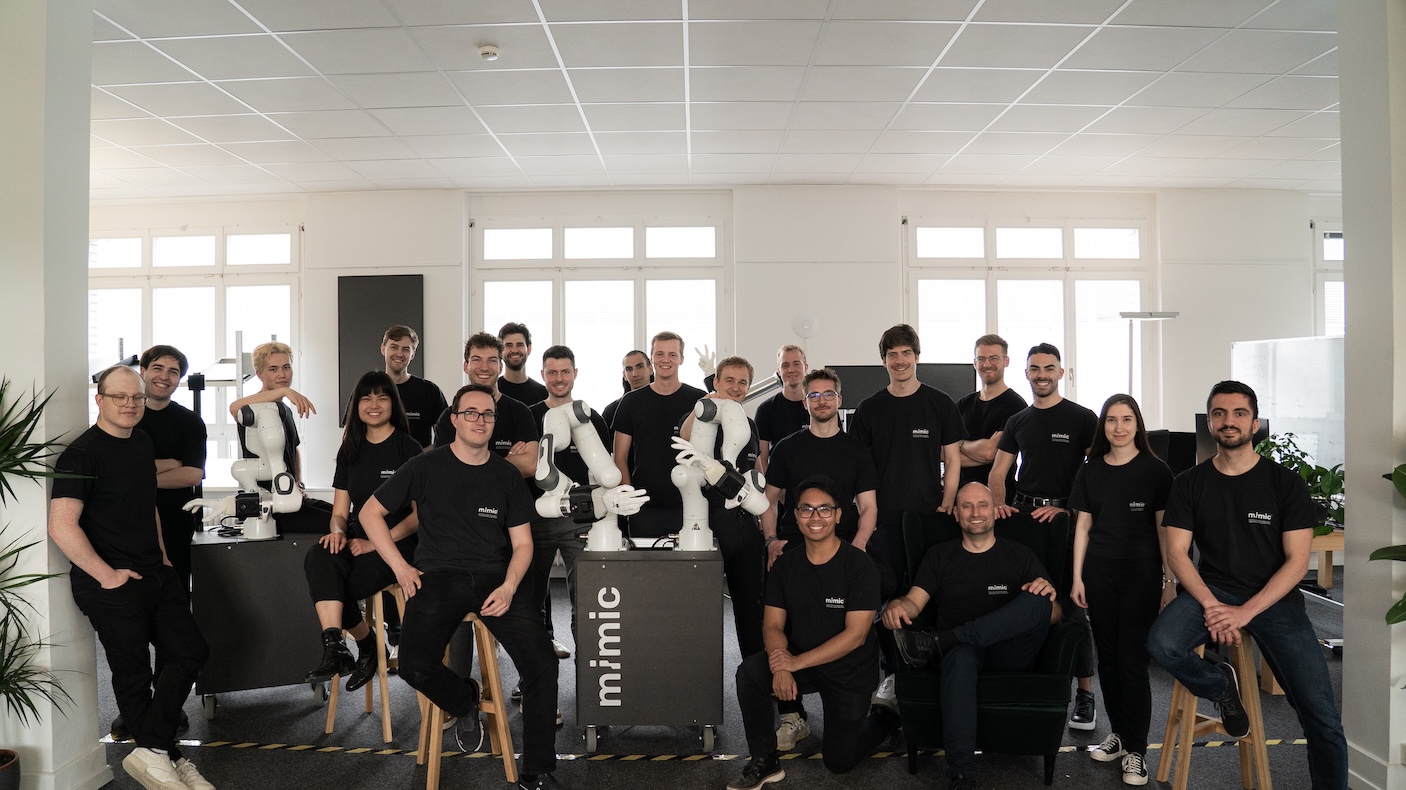Construction Tech: The Digital Future of a Stubbornly Analog Industry
A Giant Sector with an Even Bigger Problem
With a value creation of € 1.7 trillion per year (10% of the European GDP) and around 18 million employees, the construction industry is one of the economic growth drivers of Europe (Data: Eurostat). However, for years now, European construction companies have been dogged by stagnant productivity and low levels of profitability.
With the advent of new technologies and the availability of structured data, many industries are in the midst of a digital transformation that is increasing their productivity levels… except construction. According to Eurostat, over the last decade, productivity in construction has grown by a meager 2% while Manufacturing has seen productivity rise of 20% on average over the same period.
This particularly wide gap emphasizes that construction remains an industry that is still considered to be broadly antiquated (we also recently had a discussion about how to onboard clients in the construction tech marketplaces that you may re-watch here). It is fragmented, highly manual, and still not able to apply digital building approaches well enough. These, of course, are various problems that still need to be resolved, but also offer a great deal of potential for the future.
Industry Leaders are Ready for a Change
To get a better understanding of the market, we conducted a “reality-check” with executives and experts from leading construction companies (some of them are displayed below). We asked them their opinions on the status-quo and outlook of their industry, and whether startups will play a substantial role in the digital transformation of construction.

When evaluating the status quo of digitalization from a scale of one (completely analog) to ten (fully digital) we were not surprised that 80 percent of the respondents answered with four. In fact, the results confirmed the general sentiment that construction utilizes less digitalization than any other industry.
However, a construction phase that has already been given attention for digitalization is concordantly the digital planning, especially planning with building information modeling (BIM) software. For example, Matthias Unger (CEO, UNGER Stahlbau) says that construction companies have been executing projects with 3D planning tools for decades. But even for the planning-phase, the degree of digital penetration seems to be too low. The transition from planning to execution, especially, requires a lot more improvement.
When evaluating the ten-year outlook on digitalization, it is clear that all of the companies we spoke with are optimistic, with 60 percent of the respondents predicting a seven on the digitalization scale, one can say that change is strongly anticipated.

So what is holding the industry back? Like in many other established industries, it seems that the historical fragmentation in the construction industry has created legacy processes, tech-stacks and divisions of responsibility that are not conducive to end-to-end digitalization. What makes it even more difficult is that the barriers are often of cultural nature. One executive emphasized that “it is hard to get the advantages of digitalization into the heads of the construction workers.” But to get everybody on board it is not enough to convince C-Level executives that digitalization is a good thing. You need people on the ground being in favor. They are the ones who will be working with the tools and technologies on a daily basis.
Construction Tech Startups Will the Build Bridge with Technical Legacies
In order to achieve digitalization and make the transformation happening startups will undoubtedly play a crucial role. Most industry experts see them as the strongest part of building the bridge between technical legacies in Construction Tech. For this, startups in the construction industry are very well advised to involve the customers in their product-development at a very early stage. The start-ups that have understood this will grow with the industry and occupy a relevant role in the progress of digitizing it.
“Start-ups are a good chance to disrupt niches and sub-sectors. Thus, they can be a good complement to other transformation efforts but not the outcome of digitalization.” says one of the executives. It is certainly true that digitalization is a mutual effort from both sides, the traditional industry and the innovators that enter it. However, when looking at former antiquated industries like logistics we see that startups like Sennder or Flexport have been growing at an incredible pace, at some point bypassing the established companies. Something that could happen to smaller companies in construction as well.
Construction Tech, i.e. the application of new digital technologies in three major construction phases: development, planning and building, will offer a full array of disruptive solutions to reshape the industry in earnest. Below an excerpt of our deal flow showing startups in the planning and building phase:

The noticeable size of the sector as well as the huge potential for disruption makes Construction Tech a very exciting space to invest in. The development of innovative tools, machinery, modifications, and software will certainly enable advancement and collaboration across the construction sector value chain. With our latest investment in Schüttflix, a B2B marketplace trying to consolidate the fragmented bulk material market, we see the first proof for this. Within a short time, their sales revenue went from 300,000 EUR in February to already 800,000 EUR in April — and growing. In our eyes, this is a clear indication that digitalization in construction is not only needed but also in high demand.
We believe that many startups will manifest themselves in this industry and will create a bridge between technical legacies, be it the easier access to materials (Schüttflix) and equipment (Yardlink, klarx), the connection, and optimization of construction equipment (Corrux), the collaborative planning of construction projects (BIMspot, BIMystems) or the seamless communication on-site and between stakeholders (Planradar, Propster).
“Construction stays. But it will be different.”
In summary, our short survey showed that digital construction tech is still in the early days, leaving great room for improvement and new exciting companies. Some sectors, like BIM, are more advanced while others contain enormous transformation potential. As one of the executives noted: “Construction stays. But it will be different”. Different, because many construction projects will be facilitated with innovative solutions and conducted with new approaches that have yet to be defined. It is certain that startups play a vital role in accompanying and developing the construction industry towards a digital future. They will not solve all of the problems but will build indispensable bridges between technical legacies.
Learn more about the Speedinvest Industrial Tech team and sign up for our newsletters to get our exclusive content delivered straight to your inbox.













.svg)
